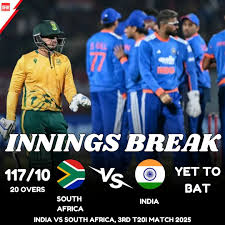The Legacy of Steve Cram: Inspiring Generations in Athletics

Introduction
Steve Cram, a name synonymous with excellence in middle-distance running, holds a significant place in the history of British athletics. His dominance on the track during the 1980s not only set records but also inspired numerous athletes to pursue careers in sports. With a remarkable understanding of the sport and a resilient spirit, Cram continues to influence athletic development in the UK.
Achievements and Records
Steve Cram rose to prominence in the mid-1980s, where he astounded fans and competitors alike with his performances. Cram was the world record holder for the 1500m, 2000m, and the mile, carving out a unique legacy that underscored his exceptional talent. His 1500m world record of 3:46.32, set in 1985, stood for a decade, showcasing the stellar performance of one of Britain’s greatest middle-distance runners.
During his career, Cram achieved significant milestones, including winning a gold medal at the 1983 World Championships in Helsinki and solidifying his status with silver at the Los Angeles Olympics in 1984. His rivalry with other notable athletes, including Seb Coe and Steve Ovett, brought a competitive spirit to the sport, thrilling audiences in stadiums across the globe.
Post-Career Contributions
After retiring from competitive athletics in 1994, Steve Cram transitioned into a successful career as a television commentator and sports presenter. His insightful analysis and enthusiasm have played a critical role in bringing athletics closer to the public. Cram’s contributions extend beyond broadcasting; he remains actively involved in promoting athletics at the grassroots level, emphasising the importance of youth engagement in sports.
In recent developments, Cram has taken part in various initiatives aimed at supporting young athletes in the UK, including mentoring programs and workshops designed to foster not only athletic skills but also personal development. He has been a vocal advocate for enhanced sporting opportunities for youth, bringing attention to the need for investment in athletics at the community level.
Conclusion
Steve Cram’s journey is a testament to the power of perseverance and dedication in sport. His accomplishments have left an indelible mark on athletics, inspiring future generations to embrace the challenge of middle-distance running. As the sports community continues to evolve, Cram’s legacy as an athlete and contributor to British athletics remains influential. Enthusiasts can expect him to be an ongoing presence in nurturing the next wave of athletes who aspire to follow in his footsteps, carrying with them the spirit of competition and excellence.









